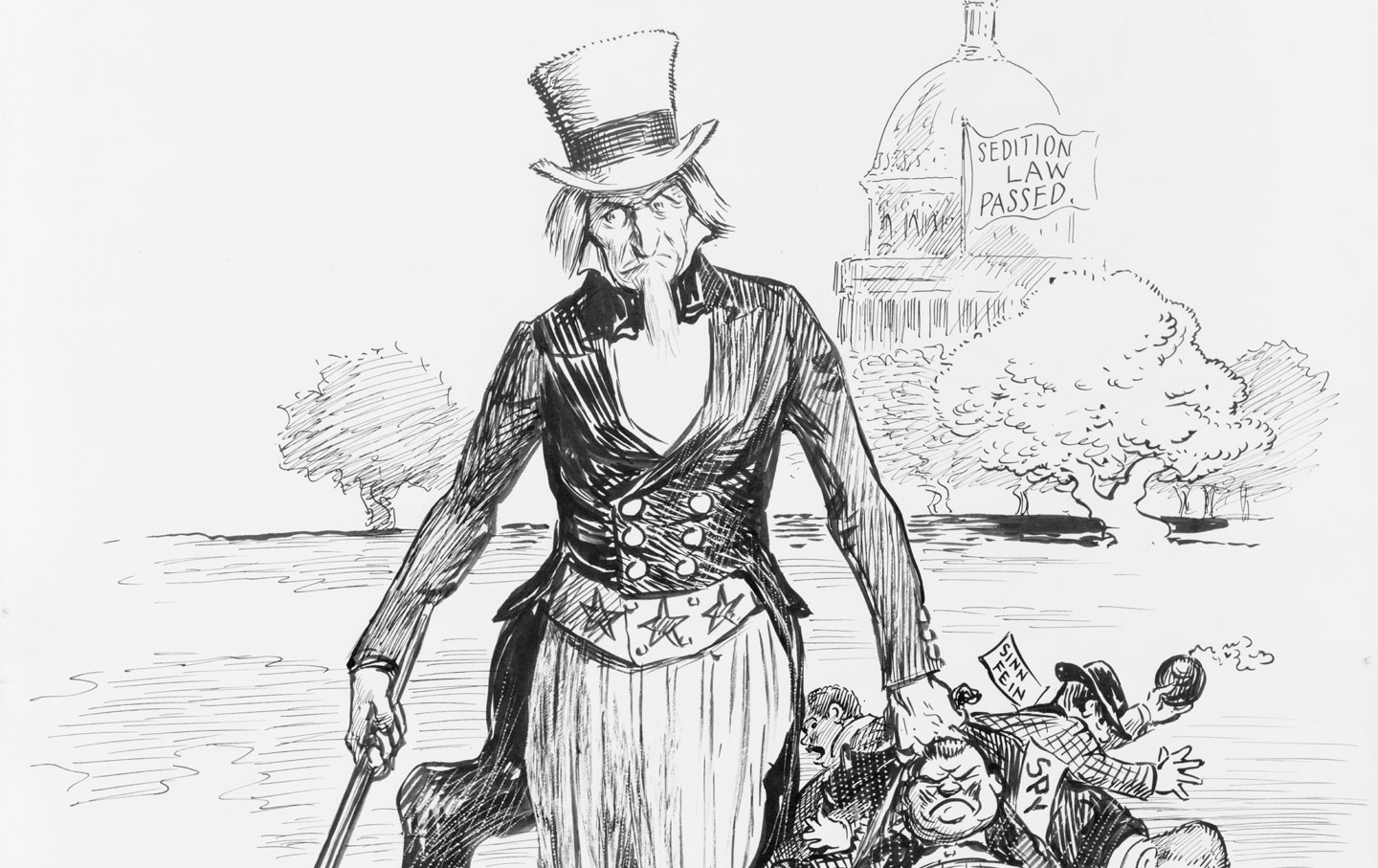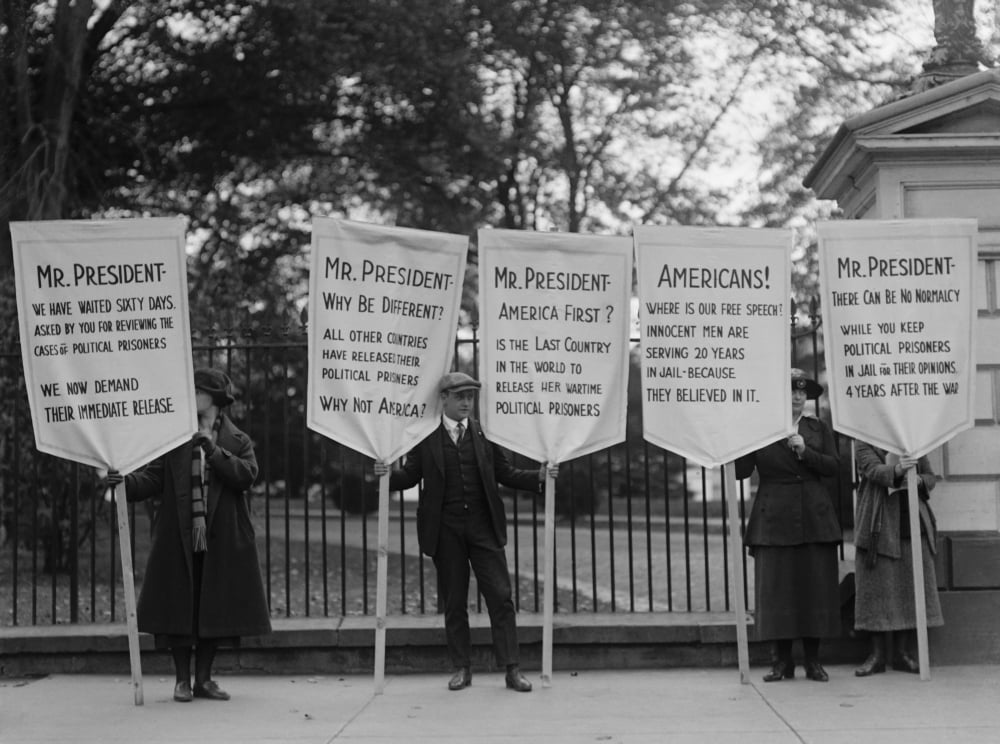


(1904 Debs campaign poster via Wikimedia Commons, public domain) Debs was convicted under the Espionage Act Debs ran for president as the Socialist Party candidate five times. However, his work to promote his party’s ideals sent him back to prison. He ran for president as the Socialist Party candidate in the four consecutive elections between 19 he received 94,768 votes in the first and 897,011 in the fourth. Debs ran for president as the Socialist Party candidateĪfter leaving jail, Debs turned his attention to organizing the Socialist Party. Chase, was based on the “incontrovertible principle, that the government of the United States may, by means of physical force, exercised through its official agents, execute on every foot of American soil the powers and functions that belong to it.” Debs served six months in prison. The Court’s unanimous holding against Debs In re Debs (1895), as announced by Justice David Brewer, quoting Chief Justice Salmon P.
Define espionage and sedition acts trial#
Debs submitted a habeas corpus petition to the Supreme Court, which ultimately rejected it, based on a claim that he should have been afforded the protection of a criminal trial on the contempt charge rather than a hearing in chancery court. (Image of Debs on the cover of the May 1919 Liberator via Wikimedia Commons, public domain) Debs defies court injunction against strikeĪfter violating a district court’s injunction against the strike and boycott, based on the government’s power regarding interstate commerce and mail delivery, Debs and other union leaders were convicted of contempt of court. Debs was a prominent labor leader who was imprisoned for contempt of court after violating a court injunction against a strike and boycott. Debs led a successful strike against the Great Northern Railway that achieved national prominence during the Pullman Strike in the summer of 1894.Īcting as the president of the American Railway Union, which he had formed, Debs led workers in a strike against the Pullman Palace Car (Railroad) Company and a boycott of its enterprises when the profitable railroad reduced wages in its company town of Pullman, Illinois, without enacting a corresponding reduction in living costs. He helped organize a local branch of the Brotherhood of Locomotive Firemen and was later elected the union’s national secretary-treasurer in 1880. But it was Debs’s early work at age 14 in the railroad shops and as a locomotive fireman soon thereafter that led to his labor leadership role.

He served his hometown as city clerk from 1879 to 1883 two years later, he served in the Indiana legislature. Debs was a prominent union leaderĭebs was born in Terre Haute, Indiana, in 1855. Although Debs lost his battles, his causes won the war. Second, as a labor organizer, he was at the forefront of workers’ appeals for statutory protection in an area that appeared to be neglected by the Amendment. Debs fought for First Amendment freedom of associationįirst, as a member of an unpopular minority, he appealed for protection under the Amendment. Debs (1855–1926) had a twofold relationship with the First Amendment.

Labor leader, socialist, and five-time presidential candidate Eugene V. (Photo by International News Photos via the Library of Congress Prints and Photographs Collection, public domain) In this photo, Debs makes a speech in the early 1900s in New York. Debs fought for associational and organized labor rights under First Amendment.


 0 kommentar(er)
0 kommentar(er)
